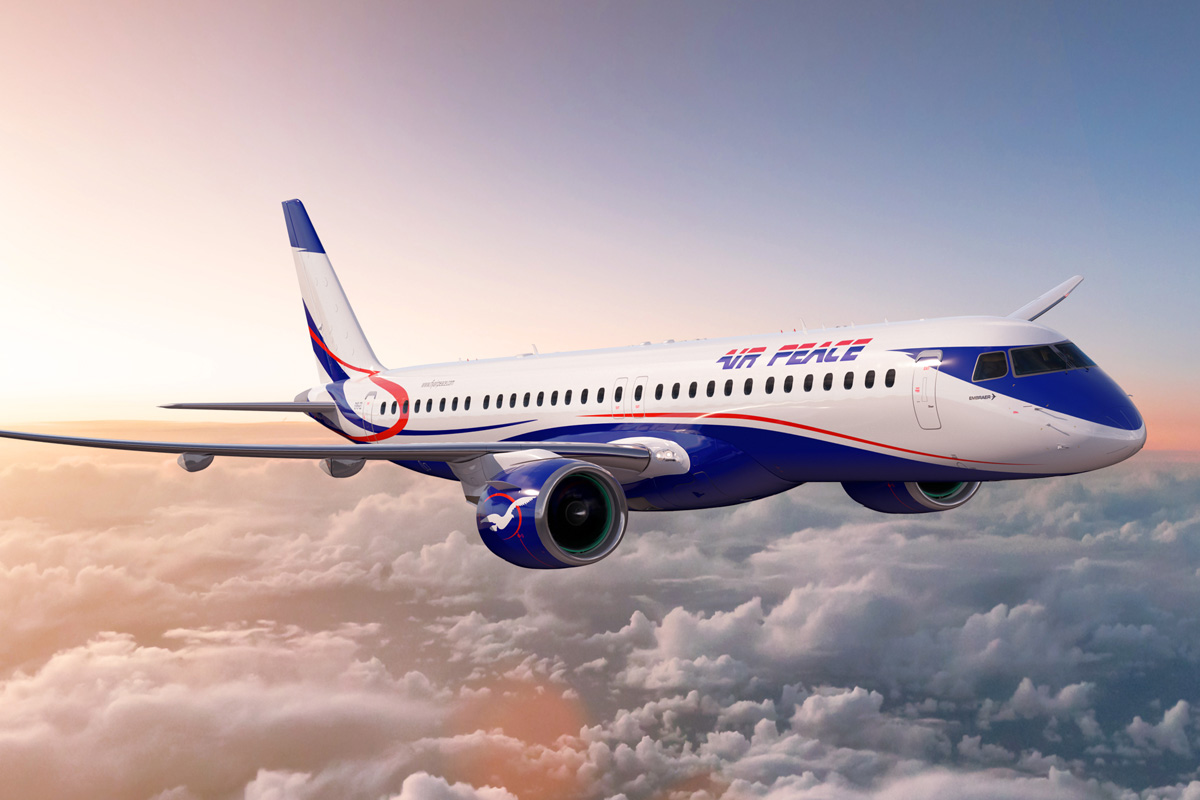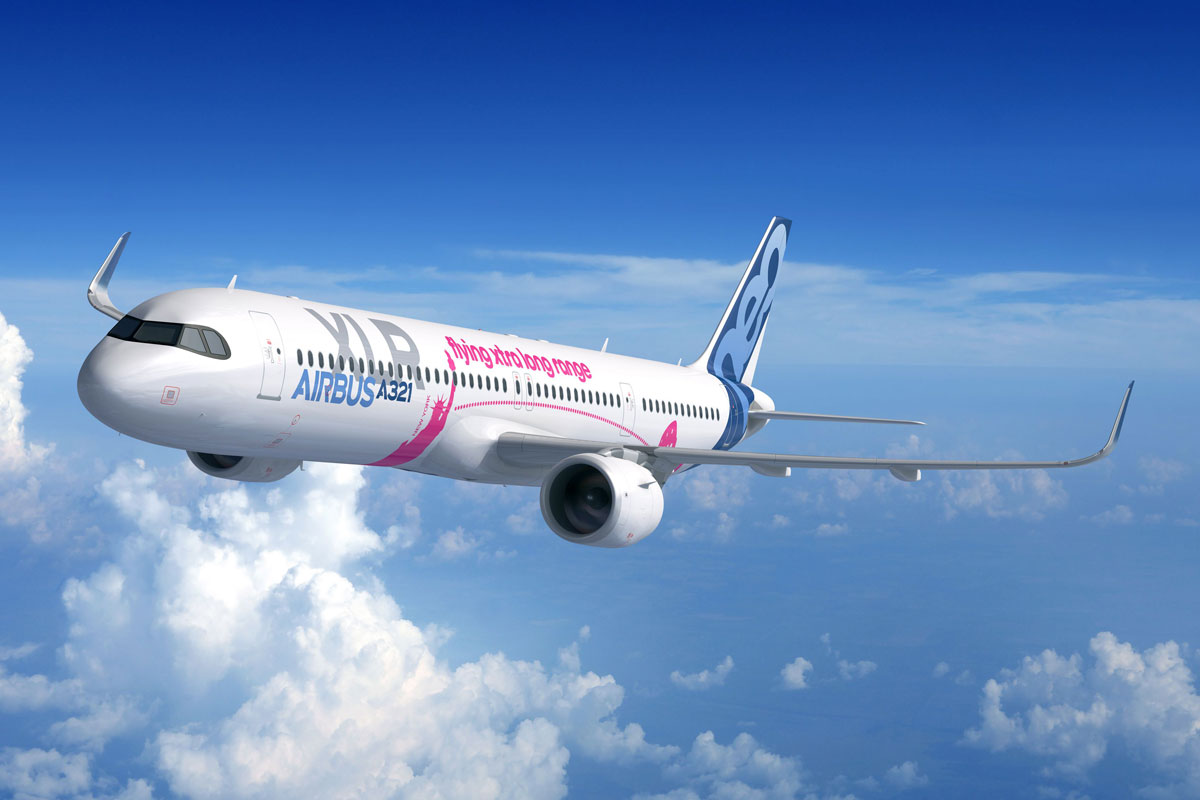Regional airline VoePass (formerly Passaredo) was founded in Brazil 30 years ago by a group that operated in road transport. Since then, the carrier has gone through ups and downs, including financial restructuring and widebody operations.
The last seven months, however, have cast doubt on the airline’s future. On Thursday, an ATR 72-600 (PS-VPA) left Brazil for Sweden, where it will be operated by Braathens Regional Airways.
The aircraft was one of four of its type in the VoePass fleet, but only one of them, PS-VPE, remains in service. Two other ATR 72-600s (PR-PDX and PR-PDZ) are parked near the company’s headquarters with several missing parts.
According to local media, the aircraft were seized by the lessors after leasing payments were not made.
Follow us: WhatsApp | BlueSky | Google News | Instagram | LinkedIn | Facebook

Since receiving its newest aircraft, the ATR 72 PS-VPE in April last year, VoePass has seen its fleet shrink. In June, the turboprop PP-PTM made its last flight.
At the time, VoePass had 16 aircraft, but one of them, the ATR 72 PP-PTP, had already been out of service since September 2022.
Last July, another ATR 72 stopped flying (PP-PTN) and a month later it was the turn of the aircraft with registration PR-PDS, an ATR 42-500.

Fatal accident
During this period, the fatal crash of the ATR 72-500 PS-VPB occurred on August 9, killing 62 occupants.
Investigations are ongoing, but the hypothesis of a failure in the aircraft’s anti-icing system is indicated as the main factor in the crash.
Therefore, the airline lost half of its fleet in just seven months. Today, there are one ATR 72-600, five ATR 72-500 and one ATR 42-500 in service, which flies in the Amazon through MAP Linhas Aéreas.

LATAM Airlines, which has a code-share agreement with VoePass, assured that everything remains as it is. The regional airline told local media that the grounded planes were undergoing maintenance before being returned to their owners.
The air travel market in Brazil has created major challenges for operators amid high costs, a devalued currency and regulatory issues.
With two of its largest airlines flirting with a possible merger (Azul and Gol), the situation of VoePass, which holds just 0.8% of the domestic market share, causes even more concern.






